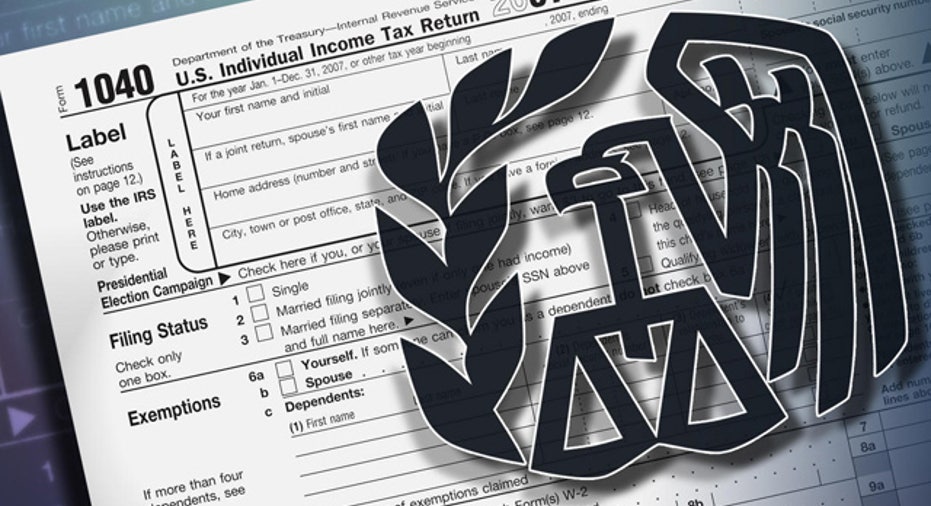Sorry Uncle Sam, I’m Running Late! How to File for a Tax Extension

What’s more American than a little procrastination? Tax Day is upon us, but for those who have yet to file, the good news is you have until midnight to request an extension.
Those who are late with filing can log onto IRS.gov and request an extension for six months, says accountant Walter Moyer, founder of The Bottom Line, Inc. The extension paperwork is form 4868.
“People do this every year,” he says. “Sometimes they don’t get all of their paperwork together or for others it’s just a common practice to file for an extension.”
If you owe cash, the full amount won’t be due today, but you will have to pay a “reasonable” amount of your bill, according to Kase Chong, director of marketing for Scambook.com, a consumer advocacy platform. After you make this payment, the IRS will follow up with continued bills for the amount owed- but payment must be made by April 18th, extension filed or not.
“If has to be an amount that is affordable,” Chong says. “You can determine an online payment arrangement at IRS.gov.”
Here are some tips from Moyer and Chong on how to properly handle an extension filing:
No. 1: Remember to file for an extension in all locations. “You may have to do a federal extension, as well as local and state extensions,” Moyer says. You can be penalized in different municipalities if you fail to file in all locations, he says.
No. 2: File over a secure network. Even if you are rushing around and forget to file, you have to be careful about where you are filing from, Chong says.
“Don’t do this over a public WiFi network, or on your phone at Starbucks,” he says. “For identity theft purposes.”
No. 3: You can be penalized for forgetting to file the extension. Moyer says the IRS will impose a penalty for those who do not file for an extension in a timely manner. “Usually if you file by midnight on Tax Day, they will remove it,” he says. “It’s 3% a year compounded daily, and the late payment penalty is about 0.5% a month—this is all based on what you owe. Those can be hefty.”
But once you file for the extension, it will be removed, Moyer says.
No. 4: Consider opening up a debit account for withdrawal. If you owe money to the IRS, and will be late paying it or filing your taxes, consider opening this separate account, Chong says.
“You can authorize the IRS to do a withdrawal for your extension,” he says. “This is for the owed money.”
This can streamline the process and ensure you won’t be late making payments, he says, and can be paid at the consumer’s pace and financial ability.



















